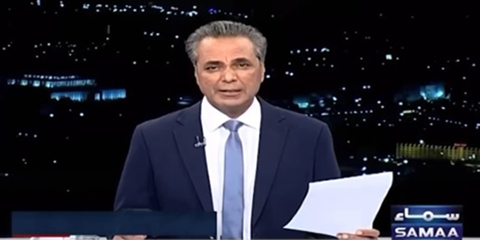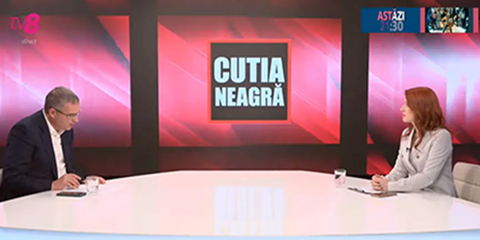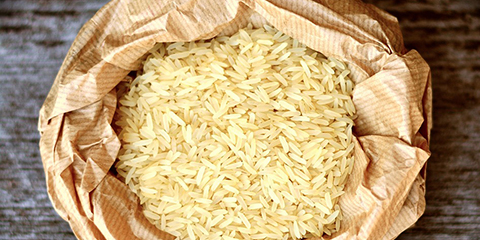Guardian, Washington Post win Pulitzers for US spying coverage
JournalismPakistan.com |
Published 11 years ago
Join our WhatsApp channel
NEW YORK: The Guardian US and Washington Post were awarded the most prestigious Pulitzer prize on Monday for coverage of secret surveillance by the US National Security Agency that sparked wide debate over government spying.
The celebrated prizes, awarded by Columbia University, are the most respected in U.S. journalism and can bring badly needed attention and recognition to newspapers and websites suffering from economic pressures and budget constraints.
The prize-winning work by the Guardian US and The Washington Post in the Pulitzer's public service category was based on documents leaked by former NSA contractor Edward Snowden (pictured), who revealed details of global electronic surveillance by the US spy agency.
Reporting on the leaks not only sparked international debate over the limits of government surveillance but prompted President Barack Obama to introduce curbs on NSA spying powers.
"We are particularly grateful for our colleagues across the world who supported the Guardian in circumstances which threatened to stifle our reporting," Guardian Editor in Chief Alan Rusbridger said in a statement.
"And we share this honor, not only with our colleagues at The Washington Post, but also with Edward Snowden, who risked so much in the cause of the public service which has today been acknowledged by the award of this prestigious prize," he said.
Russia granted Snowden temporary asylum last year after the U.S. Justice Department charged him with violating the Espionage Act.
In giving Reuters its first Pulitzer for text coverage, the board commended Jason Szep and Andrew R.C. Marshall for their "courageous reports" on the Rohingya, who in their efforts to flee the Southeast Asian country often fall victim to human-trafficking networks.
Reuters was also a finalist in the investigative reporting category for a series by Megan Twohey, which exposed the underground market for adopted children. Her work won praise for "triggering governmental action to curb the practice" of exchanging unwanted kids online.
Goran Tomasevic of Reuters was named a finalist for breaking news photography, with judges recognizing "his sequence of photographs that chronicle two hours of fierce combat on the rebel frontline in Syria's civil war."
The breaking news photography prize went to Tyler Hicks of The New York Times for coverage of the attack by Islamist militants at Westgate mall in Nairobi, Kenya. The feature photography prize went to Josh Haner of The New York Times for an essay on a Boston Marathon bomb blast victim.
The Boston Globe won for its breaking news coverage of the 2013 Boston Marathon bombing and the ensuing manhunt. Finalists included The Arizona Republic for coverage of a wildfire that killed 19 firefighters and The Washington Post for coverage of the mass shooting at the Washington Navy Yard.
The prize for investigative reporting went to Chris Hamby of The Center for Public Integrity for reports on how some lawyers and doctors rigged a system to deny benefits to coal miners stricken with black lung disease.
The prize for explanatory reporting went to Eli Saslow of The Washington Post for work on the prevalence of food stamps in post-recession America.
The prize for local reporting went to Will Hobson and Michael LaForgia of the Tampa Bay Times for an investigation into squalid housing conditions for the city's homeless population. The prize for national reporting went to David Philipps of The Gazette in Colorado Springs, Colorado, for his examination of how wounded combat veterans are mistreated.
No award was given in the category of feature writing.
The commentary prize went to Stephen Henderson of the Detroit Free Press and the criticism prize went to Inga Saffron of the Philadelphia Inquirer. The editorial writing prize was awarded to the staff of The Oregonian and editorial cartooning went to Kevin Siers of the Charlotte Observer. - Reuters
Dive Deeper
A digital dream falters: Nukta cuts 37 jobs in Pakistan after only one year
November 05, 2025:
Digital platform Nukta lays off 37 employees in Pakistan, including journalists and producers, highlighting the financial struggles facing new media ventures in a shrinking job market.
Talat Hussain says offensive viral clip was edited out, not aired on Samaa TV
November 04, 2025:
Talat Hussain denies airing the viral clip showing Sher Afzal Marwat’s vulgar remark, saying it was not part of his Samaa TV show.
PFUJ recalls November 3, 2007 emergency as Pakistan’s darkest day
November 03, 2025:
PFUJ recalls November 3, 2007, as Pakistan’s darkest day under Musharraf, urging protection for journalists and the abolition of laws threatening press freedom.
PFUJ calls for end to Impunity for Crimes Against Journalists
November 02, 2025:
PFUJ urges Pakistan’s federal and provincial governments to end Impunity for Crimes Against Journalists and ensure their safety and press freedom.
















